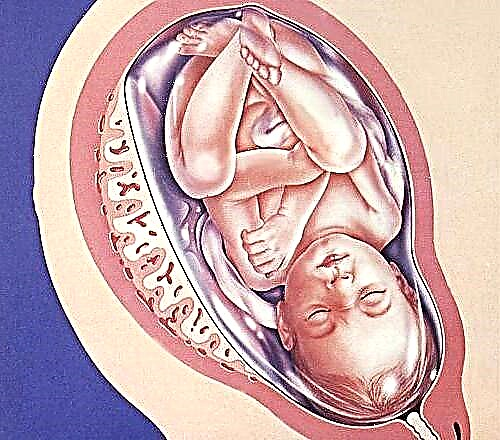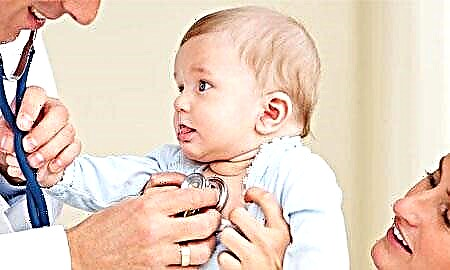The diet of a pregnant woman directly affects the baby's health and development. The mother's body acts as a source of all the necessary components for the growth of the child, it is not surprising that during this period his needs for fats, carbohydrates, vitamins, macro- and microelements, and especially proteins, increase greatly.

When compiling an individual diet, everything is taken into account: the constitution, the period of pregnancy, the amount of energy consumption, the season, concomitant diseases, racial characteristics, as well as weight gain per week.
As a rule, a woman can independently choose the products she needs. The innate sense of intuition is responsible for the choice, it helps to determine the deficiency of a particular nutrient. Very often a woman clearly understands what specific product she is missing in the menu right now. However, complete freedom of choice should be limited, because completely irrational needs are possible.
What should be included in the daily diet?
A pregnant woman's diet should contain at least 60% of proteins of animal origin, of which up to 25% are proteins of milk and its products.
2300-2800 kcal is the average range of the total energy value of the daily diet. The correct balance of proteins, fats and carbohydrates is always individual and depends on the woman's height and body weight, her nutritional status and physical activity.
The average menu should contain:
- 90-100 grams in bitches, protein in bitches,
- 60-65 grams of fat per day,
- 330-440 grams of carbohydrates per day.

Why is dairy products a staple of a pregnant woman's diet?
- First, milk is a very balanced product that contains a maximum of vitamins and minerals. This makes it indispensable in the diet of any person.
- As for the baby, the protein contained in milk forms its muscle tissue, iron and calcium form the skeleton (it is no secret that in case of a lack of the same calcium, the baby replenishes it from mother's resources, for example, destroying teeth), the nervous system is directly affected fatty acids, and metabolism depends on magnesium, sodium and potassium.
- If we talk about specific products, then kefir and fermented baked milk not only satisfy hunger and thirst, but also remove toxins. Due to its high calcium content, cottage cheese strengthens hair, teeth and bones. Low-fat cheese is a reliable source of protein for pregnant women. Sour cream improves bowel function due to its high content of vitamins, fats and lecithin. And even a piece of butter will not be superfluous in the finished dish; 76 types of fatty acids in its composition adjust the work of the digestive system.
- In the case of intolerance to dairy products, refuse category A1 milk in favor of A2 (one of the first producers in Russia - the company "A2 Milk"). These foods, which naturally do not contain A1 protein, are better absorbed by the body and do not cause discomfort.
What else to include in a pregnant woman's diet?
- Fish and meat, and boiled. However, broths and gravy are best avoided, as they contain very active organic substances.
- Light soups: mostly vegetable, dairy and even fruit soups.
- A little butter and vegetable oils, while giving up margarine, as well as beef and lamb lard.
- Various foods that contain dietary fiber. Among them are cereals, and wholemeal bread, and fruits and berries, and vegetables. The key function is to improve bowel function.
The material was prepared with the support of a gastroenterologist,
Svetlana Isakova, consultant to the A2 Milk company.
- TOP-5 irreplaceable foods in the diet of pregnant women
- Be sure to eat these foods to have a healthy baby!
- TOP 6 harmful products for pregnant women
Meals for trimesters:



